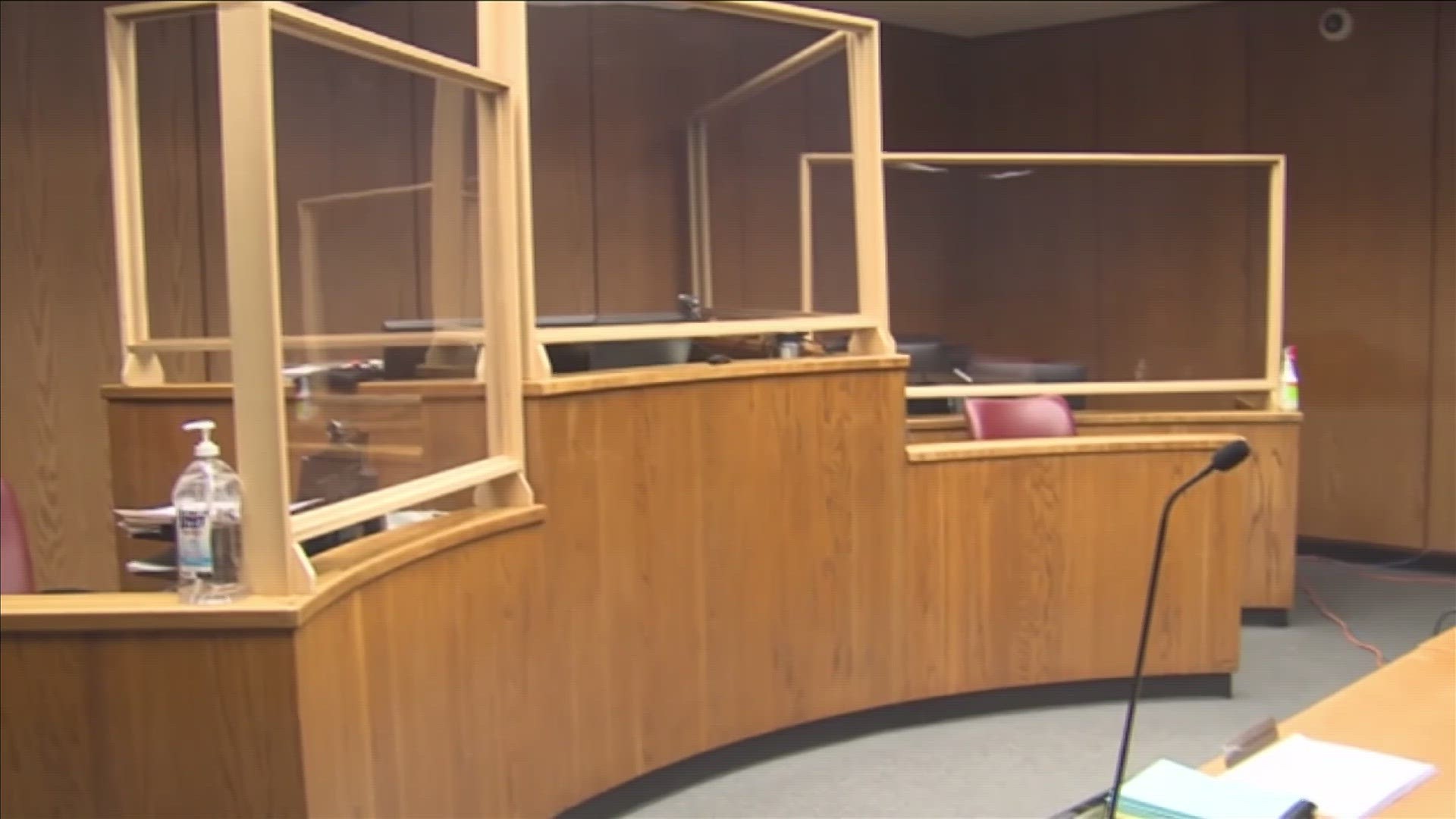MEMPHIS, Tenn. —
New efforts are underway to sway the tide of juvenile crime and particularly crime among repeat juvenile offenders in Memphis.
Exactly how this would be done and how it would affect juvenile crime is still uncertain, however.
“If you can’t measure it, you can’t manage it,” Memphis City Councilman Martavius Jones said.
One of the latest discussions surrounds data transparency. Some policy makers say having more publicly available information on juvenile offenders will help hold judges who hear their cases and others more accountable.
“The reality is that the general public should have access to the DA’s system without having to go look and search through the court system’s very cumbersome and complicated portal,” Councilman Chase Carlisle said during Feb. 21 city council meeting. “Whether a juvenile or adult, once your officers have arrested and filed charges, where and how that case is being disposed of? Is it being pled? Is it guilty?”
According to Memphis Police, in 2022, there were over 2,000 criminal suspects under 18 years old.
Car thefts are one of the more frequent crimes in Memphis with law enforcement seeing more than 10,000 vehicles stolen or vandalized in 2022. Police Chief C.J. Davis said this is a trend among some repeat juvenile offenders.
“I don’t know if it's more than half because we know that a lot of our young people are breaking into cars as almost a dare,” Davis said before city council Feb. 21.
As a solution some city council members are now proposing an online dashboard that will provide more information to anyone wanting it. It’s a move with the hopes of ensuring accountability and transparency but councilman Jones says it’s an option but with legal limits.
“There’s certain protections that are afforded people under the age of 18 that are not afforded adults,” Jones said. “So, I don’t know what direction or what that would accomplish. But when I look back over the years, I think we have not invested enough in children.”
Its investments Jones says should be more proactive and not reactive.
“Young people under the age of 18 who have committed crimes, and they have been tried as adult, that’s a totally different discussion,” Jones said “I think that type of information could very well be available and could be along the lines of the data transparency that we are seeking from the courts for adults. We need to look at our juvenile detention, the efforts that we are doing once they are in there.”
Juvenile court judge Tarik Sugarmon wasn’t available for an interview but did say, in a statement;
The court’s data gathering capabilities have traditionally been one of its strong suits. As General Gibbons notes, the court is very forthcoming with data and has the capability to provide detailed information for children and families who have come into contact with the court.
And to further build upon our desire to make data work for all involved, we have recently brought in a director of research and data, which will enable this court to not only improve our data gathering capabilities but to better communicate this to those outside the court.

